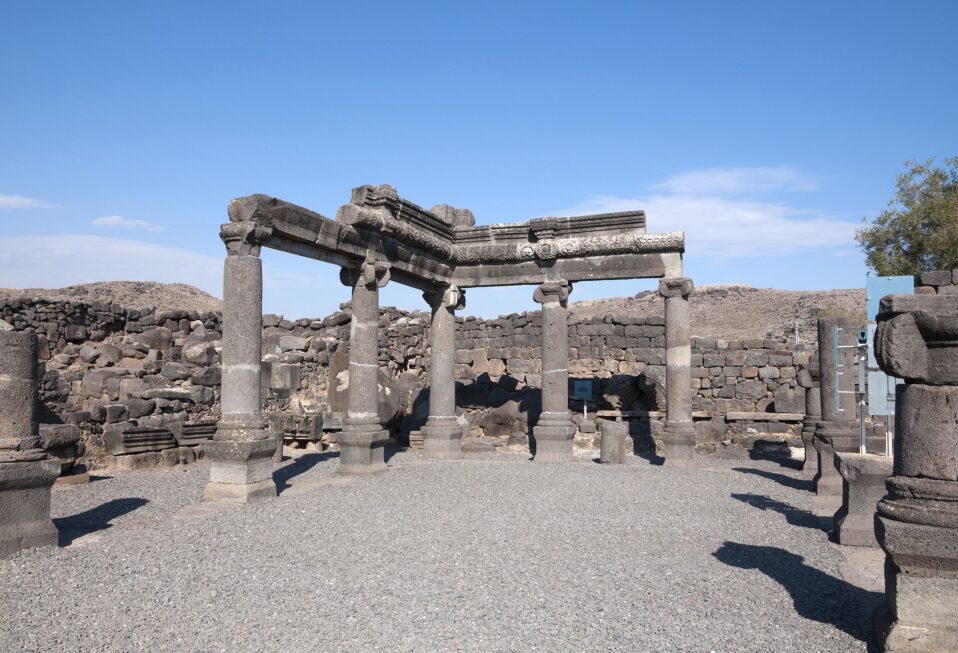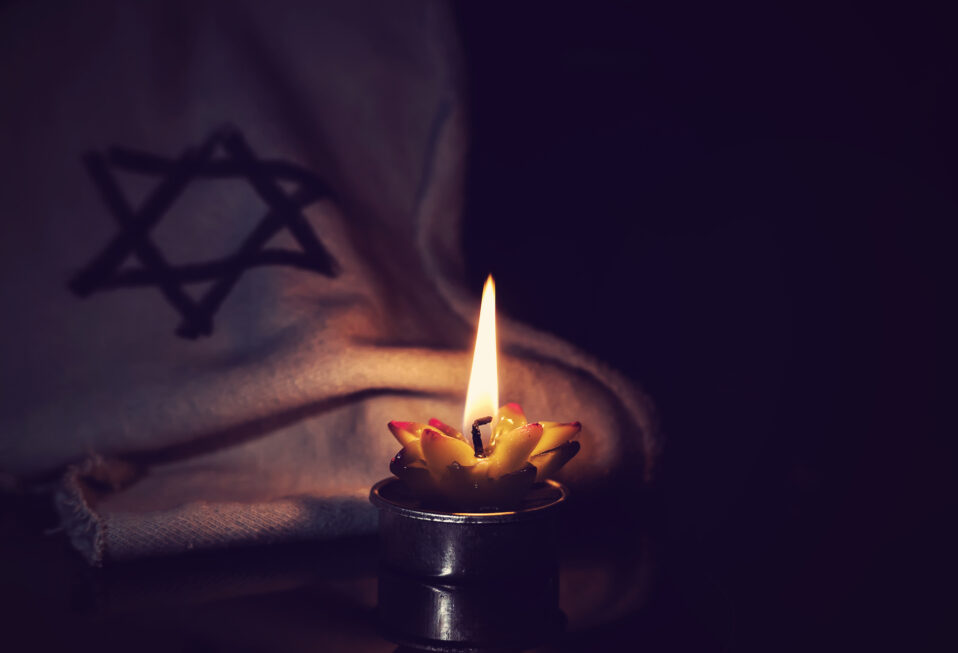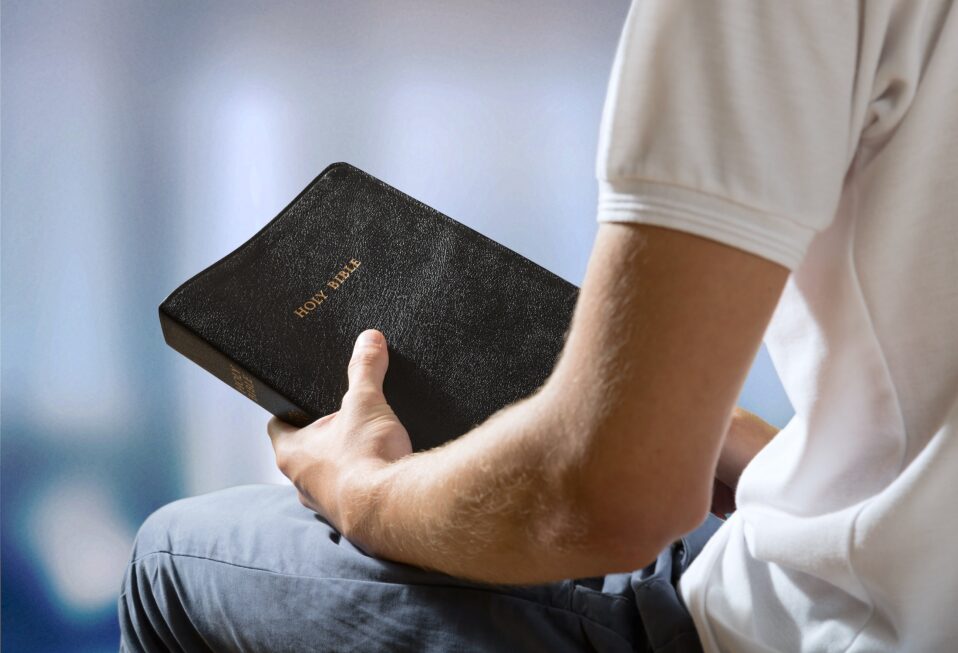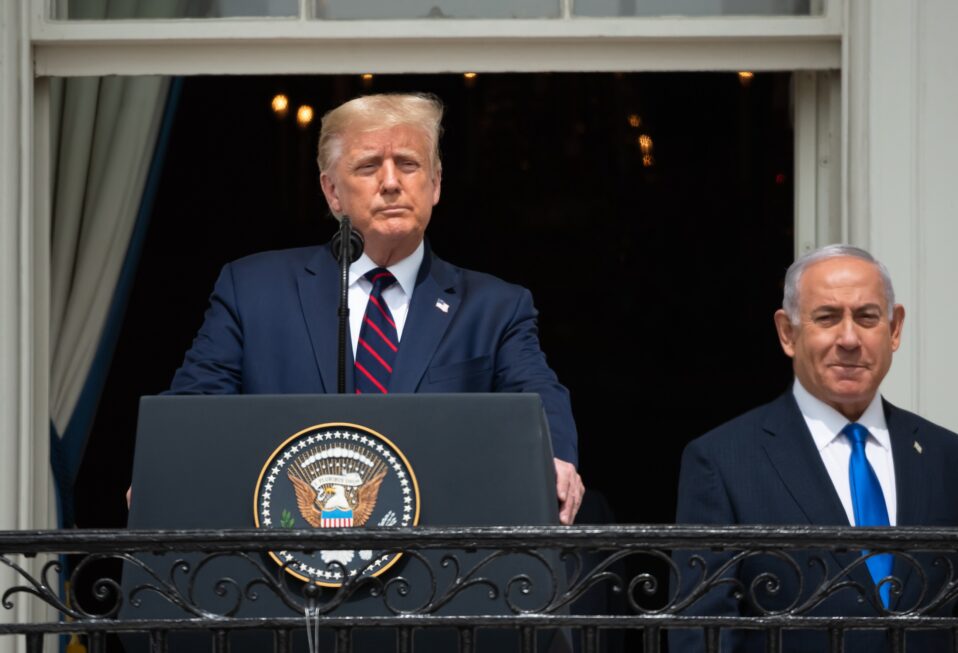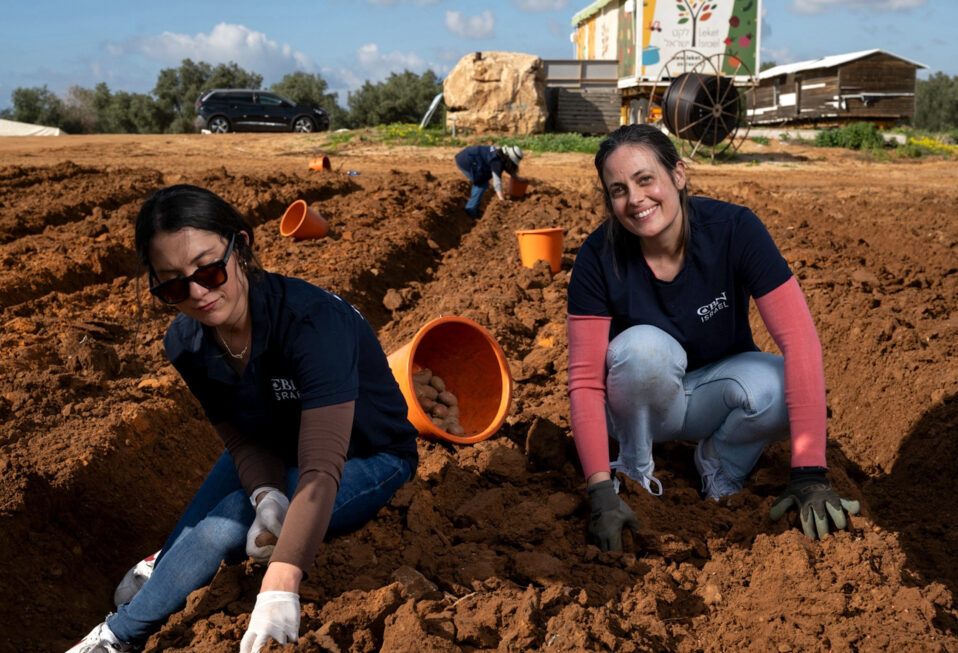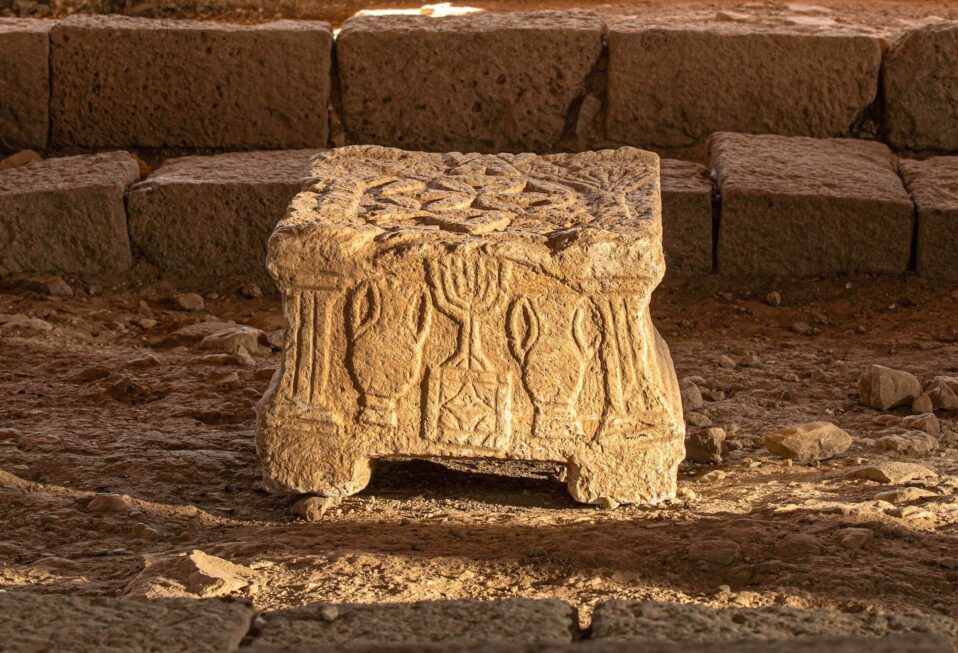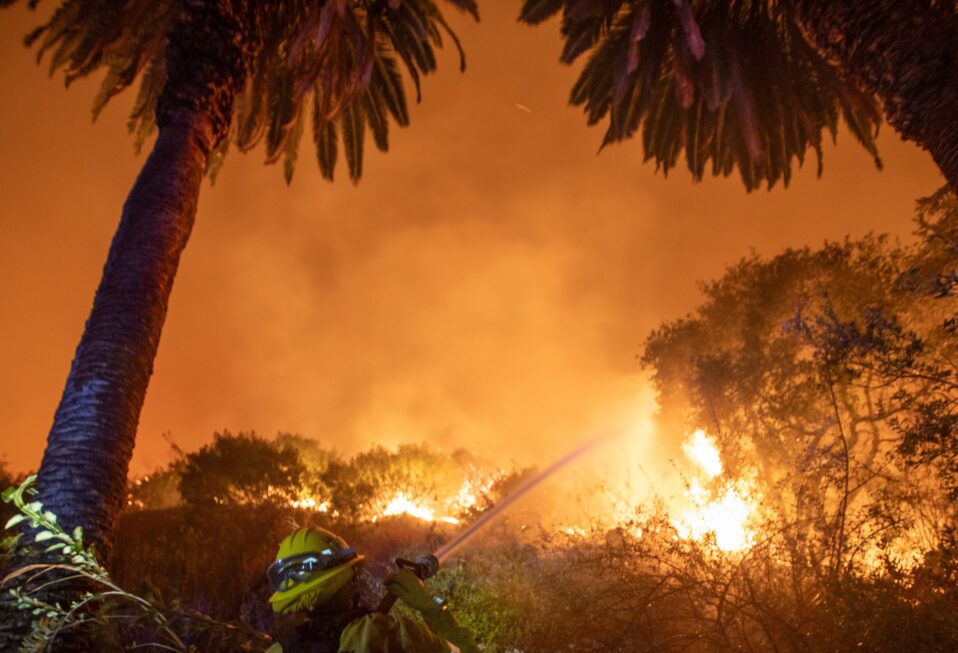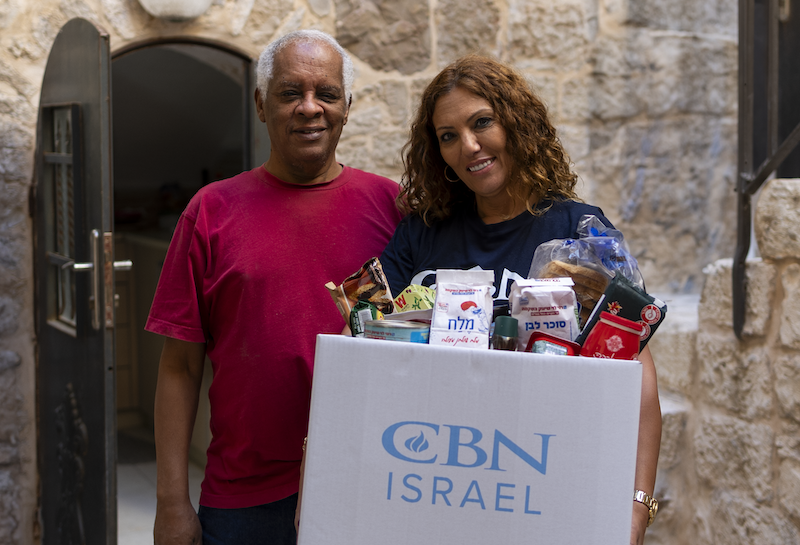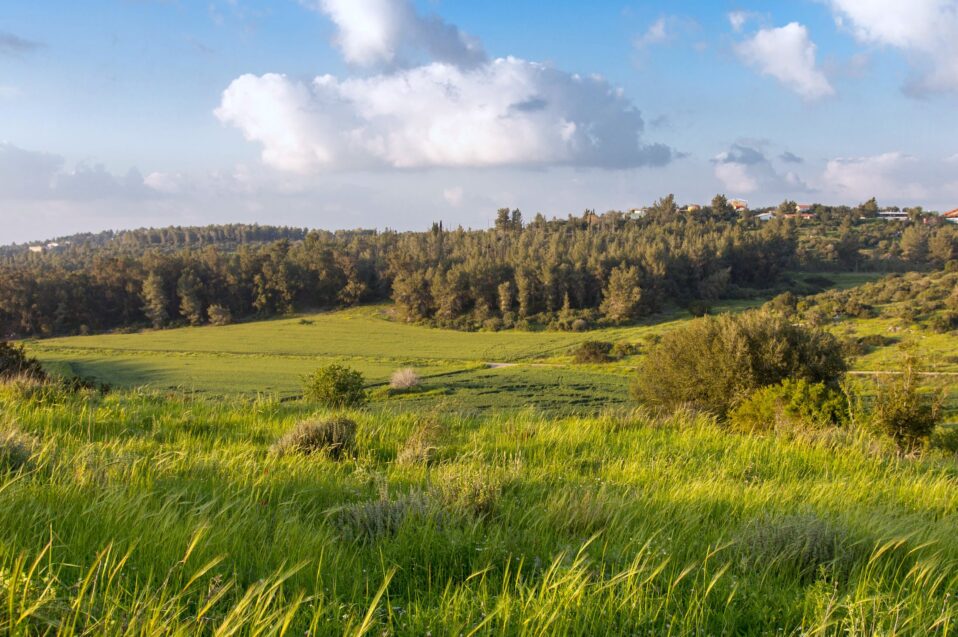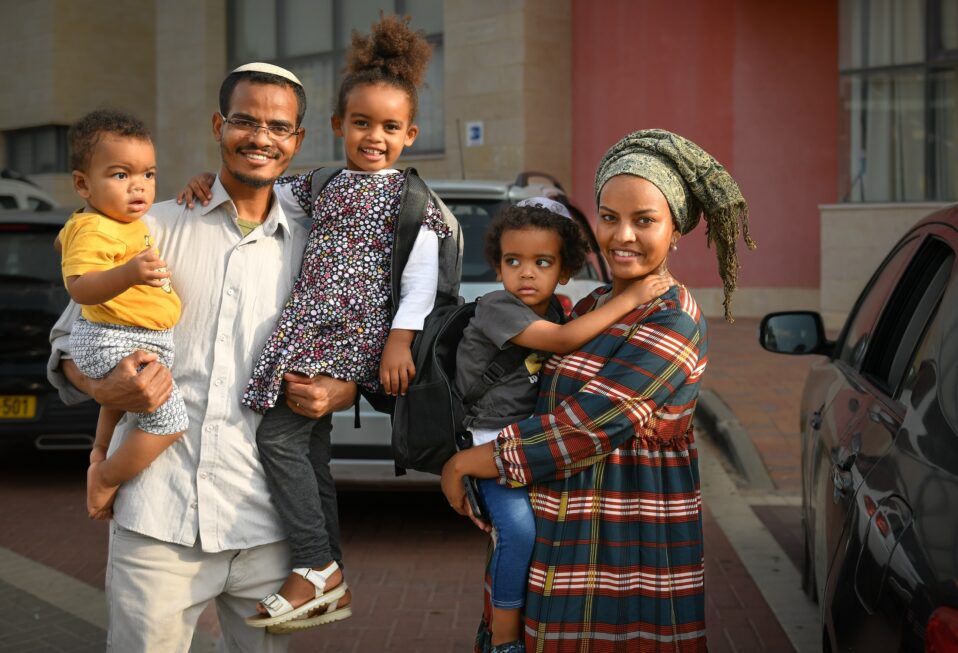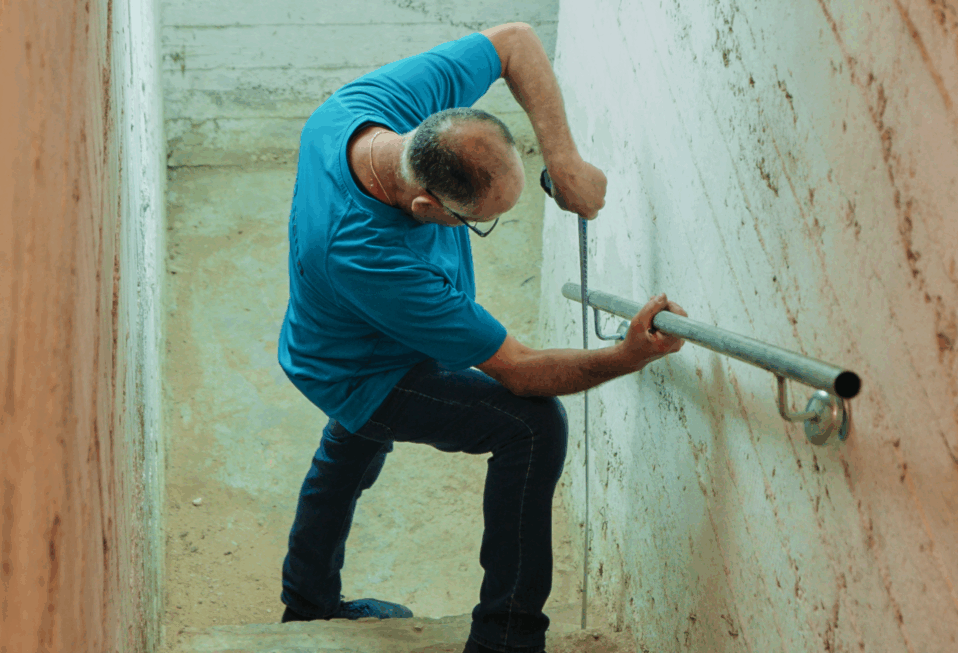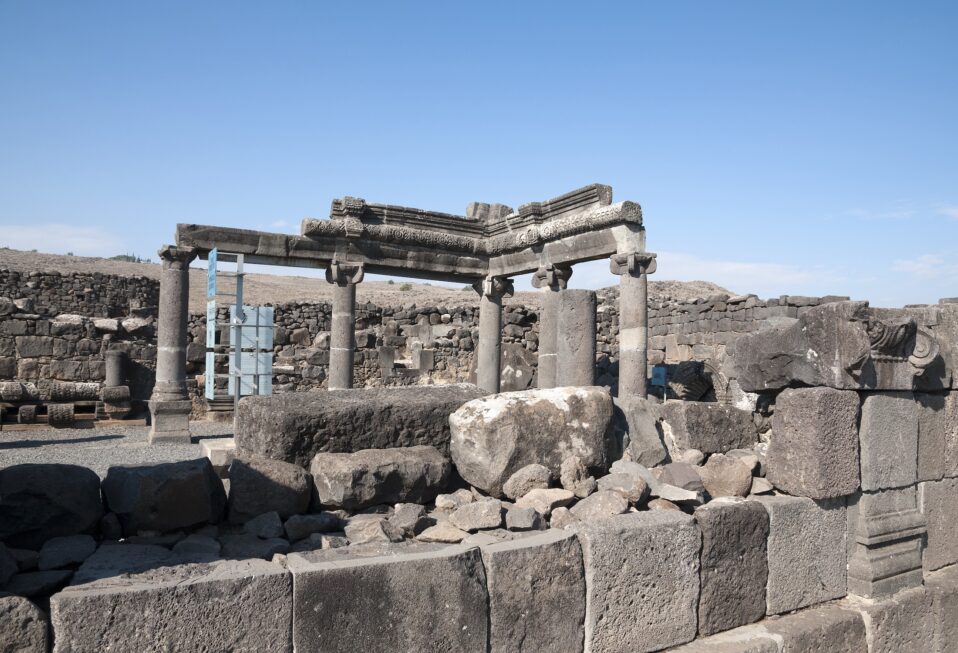By Arlene Bridges Samuels
For over a week, the intense blazes leveling California neighborhoods have been headline news. After months of near-zero rainfall, the area was vulnerable to the flames and fiery embers propelled by fierce Santa Ana winds. What perhaps hasn’t made the headlines is how Israel quickly came to their aid.
Two leading Israeli humanitarian relief organizations, IsraAID and SmartAID, sprang into action as the disastrous fires spread in and around Los Angeles, driven by severe and intense winds. SmartAID is already on the ground providing solar-telecommunication trailers, with 150 portable battery units supplied to U.S. medical charities and individuals that rely on refrigeration for insulin, food, CPAP machines, and oxygen.
IsraAID is making its plans now. Once the fires are contained, their Emergency Team of Israeli volunteers and humanitarian professionals will partner with California communities, providing ongoing help to rebuild their lives. Grievously afflicted Californians, and for that matter deeply concerned families and friends across America, can draw a measure of comfort from Israeli experts on the ground.
Israeli help is often the first to arrive and the last to be recognized. Although that lack of recognition isn’t surprising to these organizations, it does not stop them from carrying out their compassionate service to others.
IsraAID’s CEO, Yotam Polizer, remarks: “We are devastated to see the destruction … and our hearts go out to all those who have lost their homes or been displaced.” He adds, “We have long-standing ties to communities in Los Angeles and across California and have deeply felt the impact of this emergency.” In addition to their own work inside Israel during their defensive war, IsraAID’s commitment remains to “support communities experiencing crisis, no matter where they are.”
As of January 2025, IsraAID, established in 2001, has responded to more than 100 disaster emergencies in over 65 countries. IsraAID has a history of offering its competent help regardless of any country’s different politics, religion, or ethnicity.
In one of their best-known outreaches, 200 IsraAID medical teams were the first on the scene in Haiti’s horrific 2010 earthquake. They saved thousands of Haitian lives in their quickly set up tents with medical operating rooms. Some Haitian mothers named their babies “Israel” to honor the Jewish doctors who had safely delivered their babies. With half of its funding coming from non-Jewish sources, the award-winning organization has managed to continue working overseas during the 15 months since Israel suffered its now-ongoing disaster on October 7, 2023.
SmartAID’s founder, Shachar Zahavi, also emphasized the bond between Israel and the United States, recognizing that both are “empowered and strengthened by our shared commitment to global humanitarian aid and technological innovation.” Zahavi adds that “technology plays a crucial role in enhancing our collaborative efforts … especially in times of disasters.” In the first 40 days of the Hamas-launched war against Israel, SmartAID quickly proceeded to facilitate aid to Gazans, including smart classrooms for evacuated children and technology in civilian shelters.
Last year, SmartAID deployed its technology teams to Florida and North Carolina after Hurricane Helene wrought devastation there on an unprecedented scale. In Israel, they have opened a Safe Space Trauma Centre. Read here about their extensive outreaches.
As you can see, IsraAID and SmartAID are not strangers to global or American disasters. Although Israel is surrounded by an exaggerated culture of death threats against its homeland, the enshrined Jewish culture of life is expressed in multiple humane actions. Modern Israel, with a backdrop of centuries-long Jewish survival, has purposefully fashioned itself into providing innovative, humanitarian aid both within and without the world’s only Jewish state.
As 2 Corinthians 1:3-4 proclaims, “Praise the God and Father of our Lord Jesus Christ, the Father of mercies and the God of all comfort. He comforts us in all our affliction, so that we may be able to comfort those who are in any kind of affliction, through the comfort we ourselves receive from God.”
Swayed by hatred, too many groups and institutions will likely not believe what I am exposing. That is why I often say that it is up to those of us who know the truth to pass it on in person and via social media. Why not begin by reading the links about IsraAID and SmartAID and choosing a fact to oppose anti-Israel lies?
I recently rediscovered a quote that encapsulates the need for prayers matched with actions on behalf of Israel, our spiritual homeland. “I am only one, but still I am one. I cannot do everything, but still I can do something. And because I cannot do everything, I will not refuse to do the something I can do.” Reverend Edward Everett Hale’s career included vigorous opposition to slavery, his benevolent “Lend A Hand” clubs (that lasted 100 years), and serving as Chaplain of the U.S. Senate from 1903 until his death in 1909. Let us revive his quote with the neon lights of advocacy for Israel!
In closing, anti-Israel lies and accusations are circulating like a social media storm despite Israel’s critical help amid the catastrophic fires. Use wisdom when you read or watch these posts. For example, many posts on X declare that the Iranian Red Crescent Society is offering its help and sympathy. Really? All the while, the Islamic Regime, its proxies, and even American antisemitic cheerleaders are pushing another opportunity to hate Israel and the United States.
Palestinian Media Watch reports, “Palestinian Authority says that California fires are Allah’s punishment of Trump.” A Muslim social media “journalist” accuses Israel with this twisted claim: “You burn hospitals and refugees on a live stream.” Although U.S. aid to Israel ($12.5 billion) is less than 0.00001% of U.S. federal spending (75 percent is spent in U.S. weapons manufacturing), our foreign aid to Israel is essential for U.S. security. Nevertheless, organizations such as Code Pink, Jewish Voices for Peace, and other hate-motivated groups here in the U.S. are contacting Congress with this boorish message: “When U.S. taxes go to burning people alive in Gaza, we can’t be surprised when those fires come home.”
As usual, no reference is made to Hamas as the warmongers who, on October 7, 2023, incited the ongoing conflict. Hamas and its backer, the Islamic Regime, are responsible for the situation in Gaza today. Recall that in 2005, Israel turned Gaza over to Palestinian Arabs—a move intended to “grant Israeli citizens the maximum level of security,” according to Ariel Sharon. Others hoped the move would create a prosperous “Singapore by the sea.” No Jews have lived there for the past 20 years! Unfortunately, the Palestinians voted for Hamas in 2007—putting Hamas totally in charge.
CBN Israel welcomes you to join our prayers this week based on Psalm 147:3—He heals the brokenhearted and binds up their wounds.
Prayer Points:
- Pray with thanks for Israel’s aid, along with firefighting assets from Canada and Mexico.
- Pray for the safety of firefighters, first responders, and forensic recovery dogs.
- Pray that some 150,000 displaced people might have adequate food, shelter, and comfort.
- Pray for CBN’s Operation Blessing and other Christian organizations that are offering relief and hope during this terrible disaster.
Arlene Bridges Samuels is the weekly feature columnist for CBN Israel since 2020. Working on the staff of the American Israel Public Affairs Committee (AIPAC) as their SE Regional Outreach Director for nine years, International Christian Embassy Jerusalem USA engaged her as the Leadership Outreach Director part-time for their project American Christian Leaders for Israel. Arlene is an author at The Blogs-Times of Israel, is published at AllIsrael.com and The Jerusalem Connection, and has traveled to Israel since 1990. By invitation, she attends Israel’s Government Press Office Christian Media Summits as part of Christian media worldwide. In 2024, Arlene and her husband Paul co-authored Mental Health Meltdown: Illuminating the Voices of Bipolar and Other Mental Illnesses. www.TheMentalHealthMeltdown.com.


